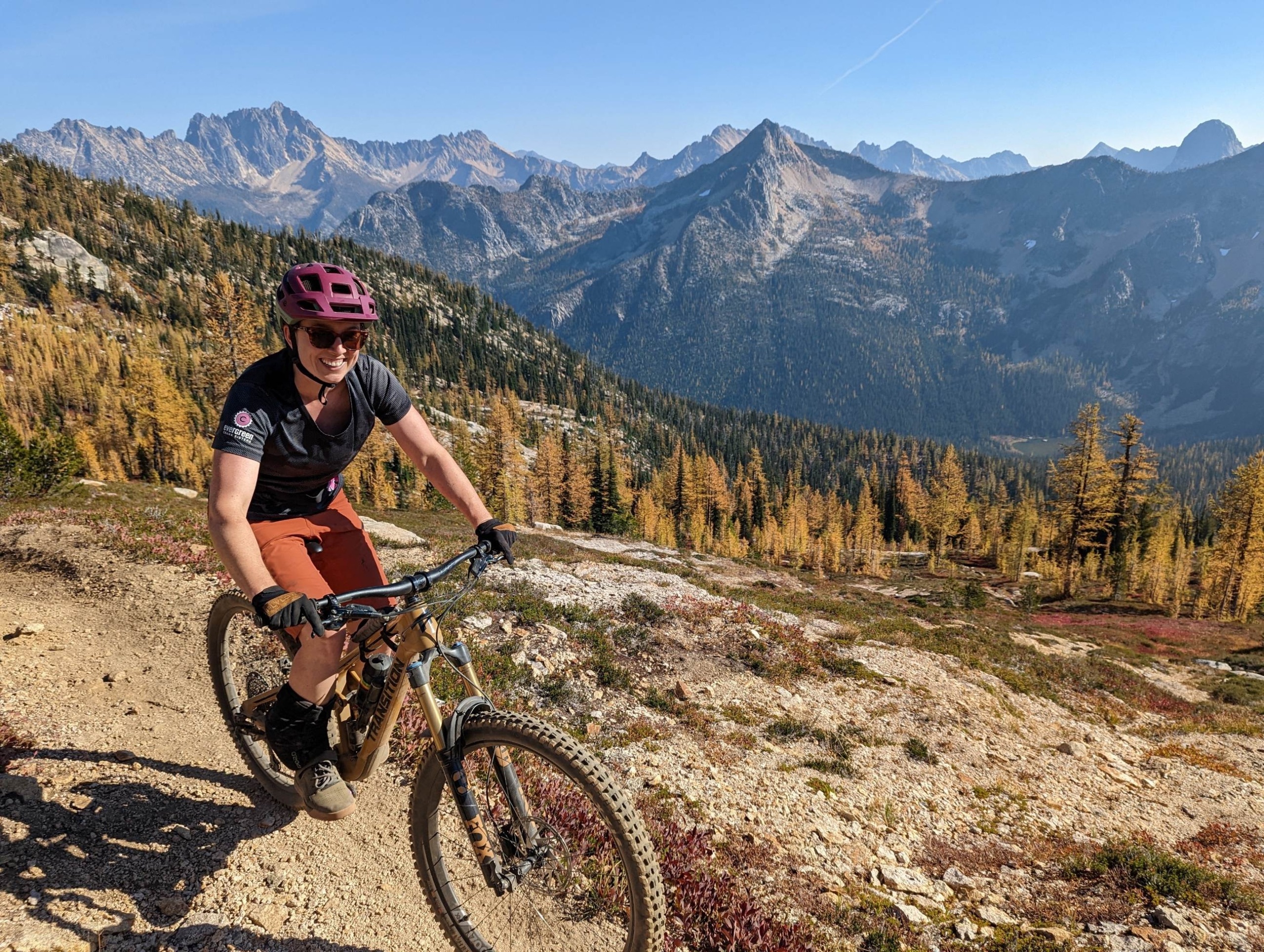Q&A with our Education Director and Swift Adventure Co. on Trails, Advocacy, and Sustainable Recreation
With MTB season upon us, and Swift Adventure Co.'s upcoming Foundations of Dirt - Seattle Mountain Biking Clinic, it's a good time for a Q&A with Swift Adventure Co. and our Education Director, Kristen McCune.
We have three main types of offerings: Skills clinics for youth and adults, which are generally a few hours (sometimes as part of a series and meeting weekly for a few sessions in a row); Dirt Camps (standard youth summer day camp format of Mon - Fri all day); and Community Partnership Programs, where we work with youth and adults to run more custom intro to MTB programming for underserved audiences. In the past this has been after-school programs, adaptive mountain biking series, and 1 day rides in partnership with other community groups.
Our programs are taught by ~150 volunteer instructors and ~50 paid summer coach staff.
My hope is that as the needs for advocacy grow and change, education can still be the spot where we foster the knowledge and the spark to speak up and take action.
But I went out on a solo ride one day in Montana de Oro state park on the central coast of California, an incredibly scenic spot on bluffs above the ocean, and I had a flowy descent ahead. It was stunningly beautiful and I started picking up some speed. I unexpectedly laughed out loud at how much fun I was having. I had never had a sport bring out that kind of silly, kid-like energy before and I've been chasing that feeling ever since!
The momentum here has spurred off in some exciting ways - first with our trails team through on-trail assessment and modifications to make trails usable by 3 and 4 wheeled bikes and now with our annual mountain bike fest, where we're making the event more inclusive through adaptive-specific rides and shuttle opportunities, and providing the resources and structure to make sure these riders feel welcome and have a great time.

